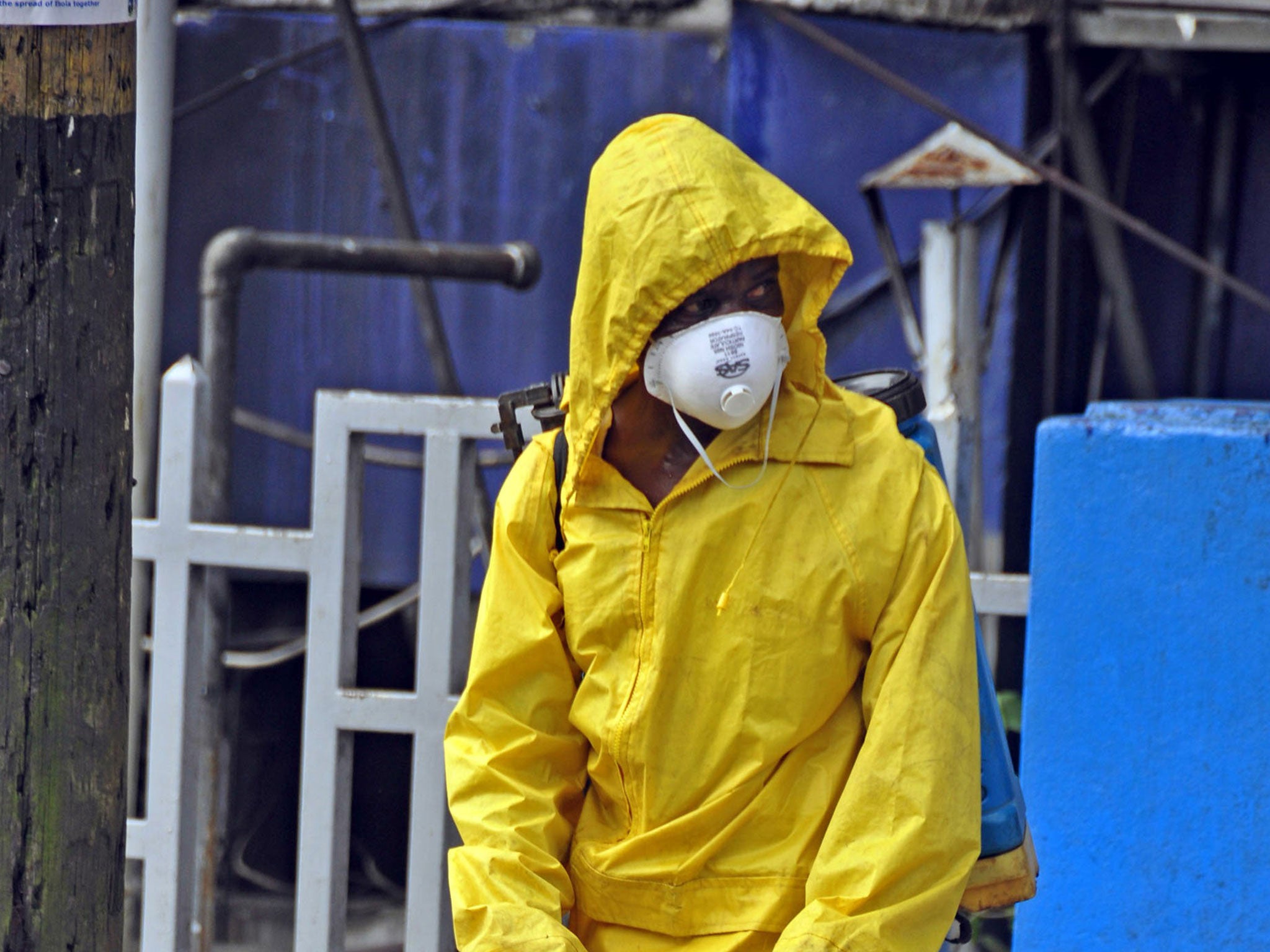Ebola outbreak: WHO warns disease is moving 'faster than they can control it'
WHO’s official figures put the death toll in Guinea, Sierra Leone, Liberia, and Nigeria at 729, but the true figure is likely to be higher

West Africa’s Ebola outbreak is worse than official figures indicate, and is “moving faster than our efforts to control it”, the World Health Organisation (WHO) has said.
In a stark warning, Dr Margaret Chan, the WHO’s director general, said that if the situation continued to deteriorate the consequences would be “catastrophic” both in terms of loss of life, and economic cost, with a “high risk” that the virus would spread to other countries.
After a week of growing concern over the possible spread of the virus on international flights, Dr Chan said that the focus of the world must be firmly upon those African states which have struggled to contain the virus for six months. Speaking in the Guinean capital Conakry, alongside the presidents of the three worst-affected countries, Dr Chan said that frightened patients fleeing hospital isolation wards had led to Ebola’s “chains of transmission” moving “underground” – meaning that many cases were not being recorded.
According to the WHO’s official figures, at least 729 people have died in Guinea, Sierra Leone, Liberia, and Nigeria, but the figure is likely to be higher. The organisation has launched a £60m-Ebola response plan for the affected countries and neighbouring states most at risk of transmission across porous borders which are crossed by thousands of people every day. Financial support from the international community will be needed to fund at least 600 more medical staff on the ground in Ebola zones. Dr Chan said that the numbers of international staff currently working in the region was “woefully inadequate”.
“Let me assure you: you are not alone in facing this unprecedented outbreak, with all its unprecedented challenges,” she told ministers from the affected countries. “[You] have made extraordinary efforts and introduced extraordinary measures. But the demands created by Ebola… outstrip your capacities to respond.”
There is also a pressing need for more protective equipment for medics treating the disease. Dr Chan said that more than 60 health workers were known to have died after treating victims of the outbreak.
However, there is ongoing confusion over the most effective means of combatting the spread of the virus. The leader of Guinea’s Ebola taskforce, Aboudacar Sidiki Diakité told Reuters on Friday that some measures taken by Liberia, where schools have been closed, might have actually helped spread the disease.
“Currently, some measures taken by our neighbours could make the fight against Ebola even harder,” he said. “When children are not supervised, they can go anywhere and make the problem worse.”
Fears of a global spread were sparked earlier this week when an American citizen died in Lagos, Nigeria, after travelling from Liberia. The International Air Transport Association has not recommended any restrictions to air travel, but a number of airlines have suspended flights. Emirates is grounding its service to Conakry until further notice because “the safety of passengers and crew is of the highest priority and will not be compromised”. Togo’s Asky and Nigeria’s Arik Air cancelled flights to Sierra Leone.
The first Ebola patient ever to be treated on US soil was reportedly being transported to Atlanta’s Emroy University Hospital yesterday. The patient, believed to be one of two US aid workers infected in Liberia, will be treated at a specialist isolation unit.
A spokesperson for the US Centre for Disease Controls and Prevention said “every precaution” was being taken to prevent any spread of the infection in the United States.
Join our commenting forum
Join thought-provoking conversations, follow other Independent readers and see their replies
Comments
Bookmark popover
Removed from bookmarks